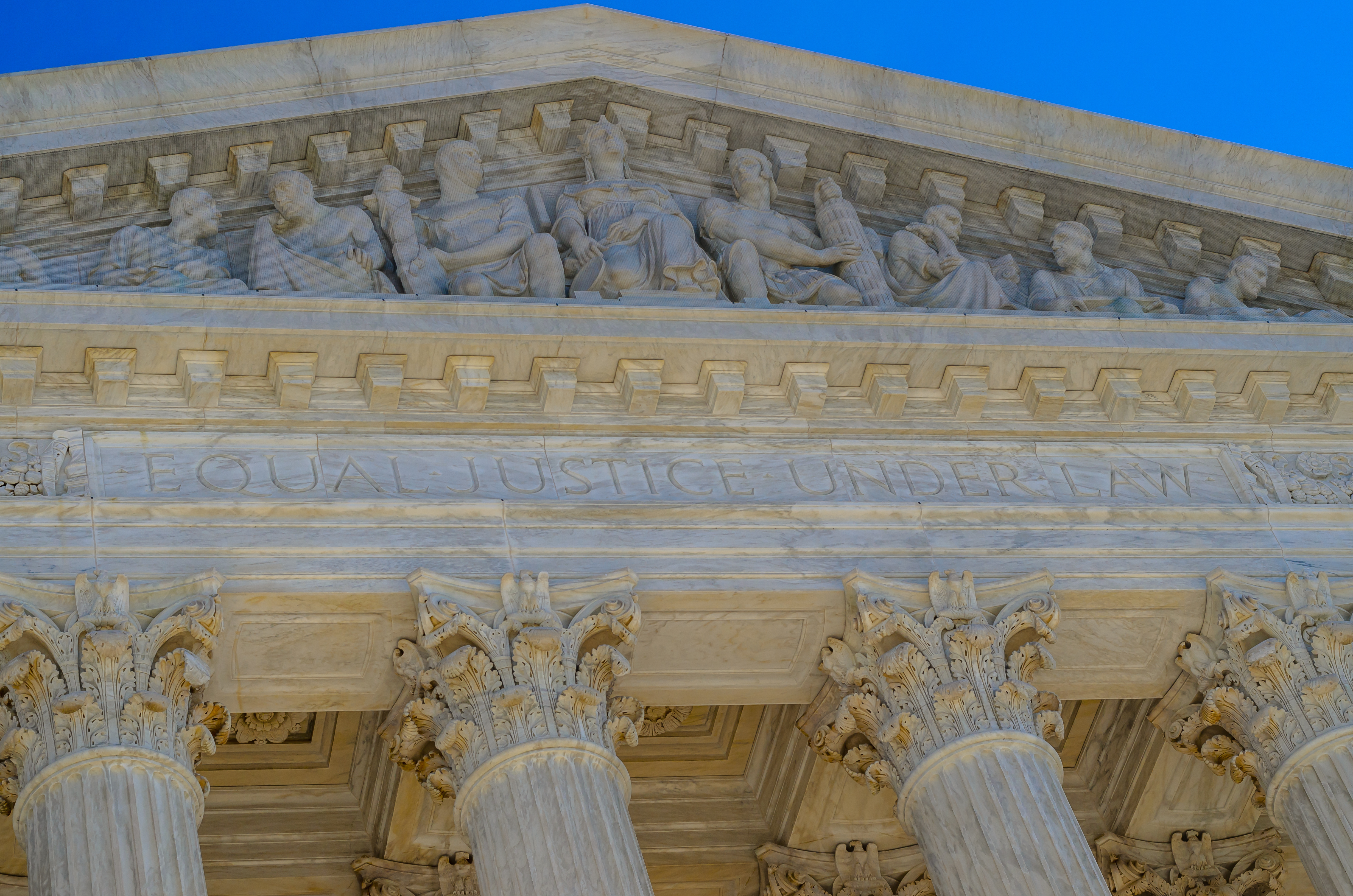
General Civil Litigation
Representation of individuals and all manner of business entities in federal and state trial and appellate courts and in administrative proceedings before state and federal agencies in the litigation of disputes involving all aspects of business and commercial transactions;
Representation of individuals and all manner of business entities in the litigation of disputes involving all aspects of real estate transactions, including purchase and sale agreements, real estate leases, forcible entry and detainer actions, mortgages and security instruments, land title claims, encroachment and easement disputes, condemnation proceedings, partition actions, toxic waste disputes, liens claims, title insurance claims, oil and gas contracts, royalty and joint operating agreements, joint venture and co-tenant disputes, environmental disputes, and domestic and international arbitration;
Representation of banks, savings and loan associations, mortgage banking firms, and individuals in the litigation of disputes involving claims based upon lender liability, usury, debt deficiencies, and mortgage insurance;
Representation of individuals, privately held corporations, publicly held corporations, and all manner of business entities in the litigation of disputes involving contracts, employer and employee rights, shareholder disputes, director and officer liability, covenants not to compete, and state and federal securities laws; and
Representation of individuals and all manner of business entities in the litigation of disputes involving claims of professional liability and malpractice, fiduciary duties, deceptive trade practices, racketeering, fraud and misrepresentation, malicious prosecution and bad faith litigation, libel and slander, tortious interference with business relationships, and personal injury.






